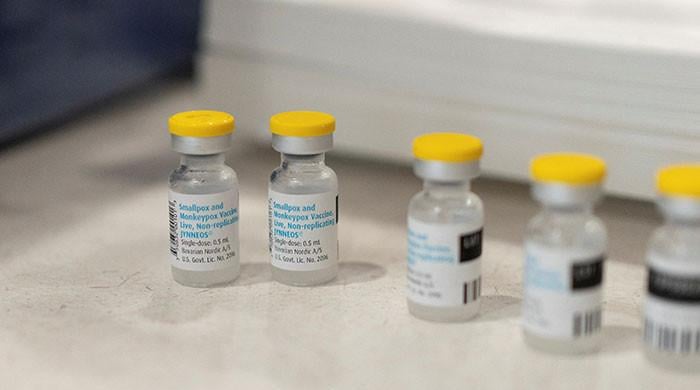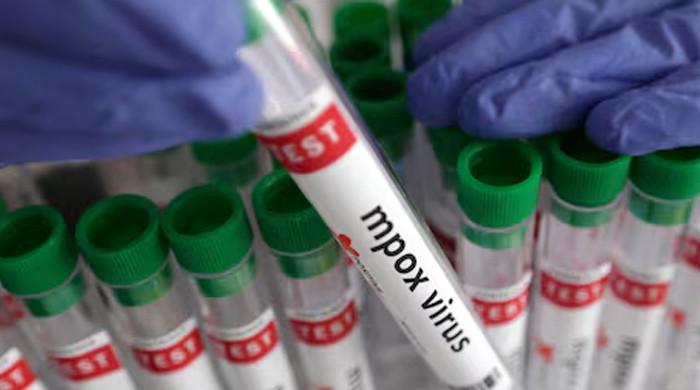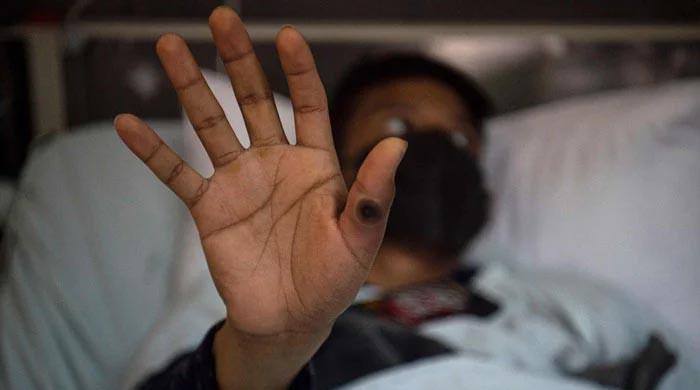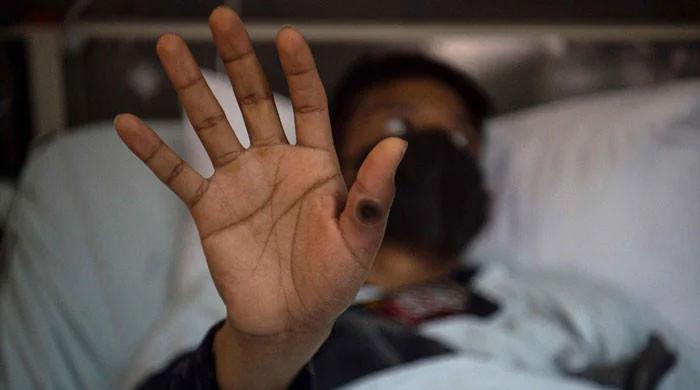A cheerful 8-year-old girl walks into my clinic. Set between a Japanese-style bob is a pair of almond shaped eyes and just below them is a wide smile. Mehreen is here for her one-year follow up after completing treatment for osteosarcoma of her left lower leg. She hops onto the examination table with ease. You will need an x-ray to tell that Mehreen is missing a part of her tibia (a long bone in the leg) that has been replaced with a metallic rod screwed into the remaining bone. A year ago, she was in the throes of an intensive treatment for her cancer. There were many sleepless nights, loss of hair and bruises along her arms. Today, her hair is in full bloom, and she joyfully recounts her time at school where she is in first grade. Mehreen’s story is a testament to the advances in cancer treatment for children and to the courage our young warriors and their families display daily.
Childhood cancer is considered a rare disease that affects children and adolescents. Its impact on the patient and their families can be catastrophic. Many cancer treatments are intense and long (some up to 3 years), may require medications, surgery and radiation, and can be taxing on the whole family. Cancer is also an expensive disease to treat. Once a child survives cancer, they must continue to see their cancer doctor (paediatric oncologist) for several years after to monitor for recurrence of the cancer and to assess for long-term side effects of treatment. Despite these challenges, cancer is highly curable in children with survival rates above 80 per cent in high-income countries. Mehreen’s case is a good example of a type of aggressive cancer that was successfully treated using modern treatment principles.
Shahzeb is a three-year old who was brought to our emergency room in a state of shock. He was as pale as the white sheet on his hospital bed. His pulses were thready, and he bore a look of dread in his eyes. His father stood anxiously at his bedside while a Pashto-speaking nurse translated the doctor’s questions for him. The two had arrived by bus after a long journey from their home in South Waziristan. After almost a month of seeing local doctors, they had finally discovered that Shahzeb may have a form of blood cancer and they were referred to our hospital for treatment. The first month of Shahzeb’s treatment was marred by recurrent visits to the emergency room with fever and a trip to the intensive care unit where he came very close to death due to a serious bloodstream infection. It was a joyous day when we told Shahzeb’s father that his blood cancer had been cleared from his bone marrow. I recall Shahzeb being smothered in kisses by his father in the clinic. However, their journey ahead was still long and they needed to stay in Lahore for his intensive treatment for an additional five months. At each clinic visit, the father was distraught about the financial state of his family at home. One day, Shahzeb did not show up in clinic for his scheduled follow up and chemotherapy appointment. When we called his father, he had taken Shahzeb home for a brief visit to deal with urgent financial issues. We came to a compromise with the father and asked him to return as soon as possible after completing his task. The following week, when I called his father again, he told me during sobs that Shahzeb had died a few hours before at a local hospital. He had developed a high-grade fever and shortness of breath for which he was taken to the local hospital, but he could not be saved as he needed a ventilator which was not available at the hospital.
Delayed diagnosis and treatment abandonment continue to plague the survival of children with cancer in low- and low-middle income countries such as Pakistan. In fact, the survival of childhood cancer in resource-limited countries approaches only 20 per cent. Despite the availability of appropriate treatment in the major cities of Pakistan, many children are deprived of a chance at survival due to the lack of accessible medical care and the financial toxicity of living away from their homes for extended periods of time. Shahzeb was a victim of his poverty and lack of access to care.
A sixteen-year-old Abdullah came to my clinic during his treatment for Hodgkin lymphoma, stating that he had applied for college next year and that he did not see his future being dashed by cancer. He had also planned to take his high school examination on schedule. I asked him how he managed to study on his chemotherapy days. He replied, “in between episodes of vomiting.”
On the day that his treatment ended, his PET CT scan (a special time of cancer imaging) was scheduled in four weeks. He looked at me with a glint in his eye and said, “Don’t worry, doctor, I know I have beaten cancer.” I remember when I met him in clinic to give his imaging results, which were indeed showing a resolution of cancer, his eyes betrayed his usual cool demeanour when they filled with tears. We both rejoiced in his victory. Abdullah’s hope in a bright future during the hardest battle of his life is inspiring for all of us. We are cheering for our young to make it to the finish line and to keep running towards a bright and healthy future.
The writer is a consultant paediatric oncologist at Shaukat Khanum Memorial Cancer Hospital and Research Centre Lahore, and is a Board Member of the Pakistan Society of Paediatric Oncology
All facts and information are the sole responsibility of the writer


 Technology6 مہینے ago
Technology6 مہینے ago
 Pakistan6 مہینے ago
Pakistan6 مہینے ago
 Sports6 مہینے ago
Sports6 مہینے ago
 Pakistan6 مہینے ago
Pakistan6 مہینے ago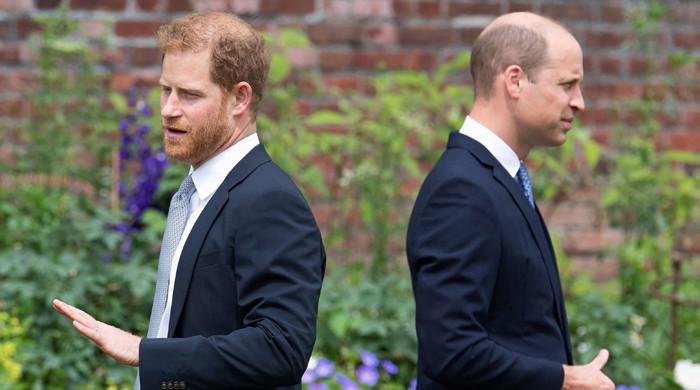
 Entertainment6 مہینے ago
Entertainment6 مہینے ago
 Pakistan6 مہینے ago
Pakistan6 مہینے ago
 Entertainment6 مہینے ago
Entertainment6 مہینے ago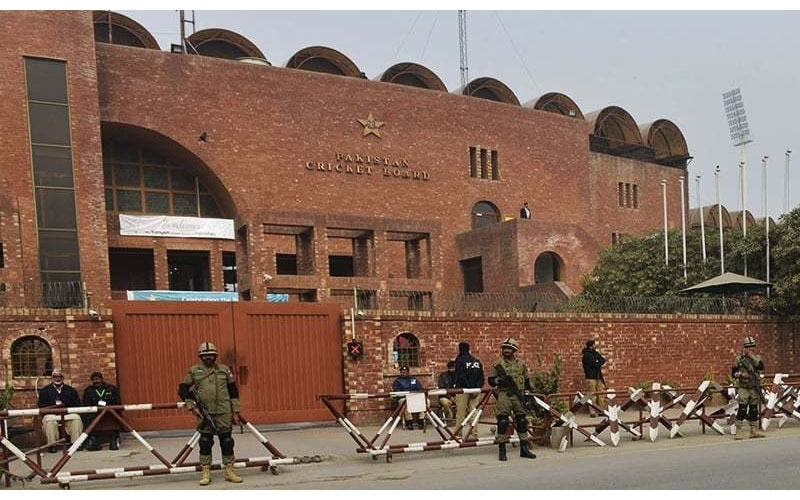
 Sports5 مہینے ago
Sports5 مہینے ago

